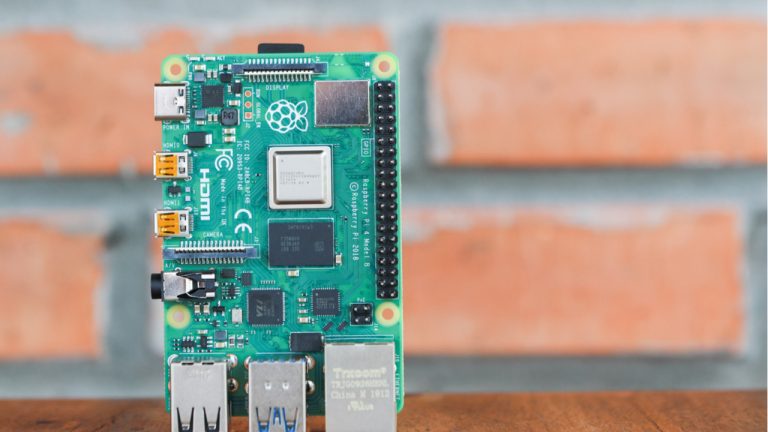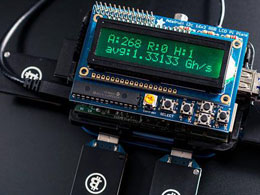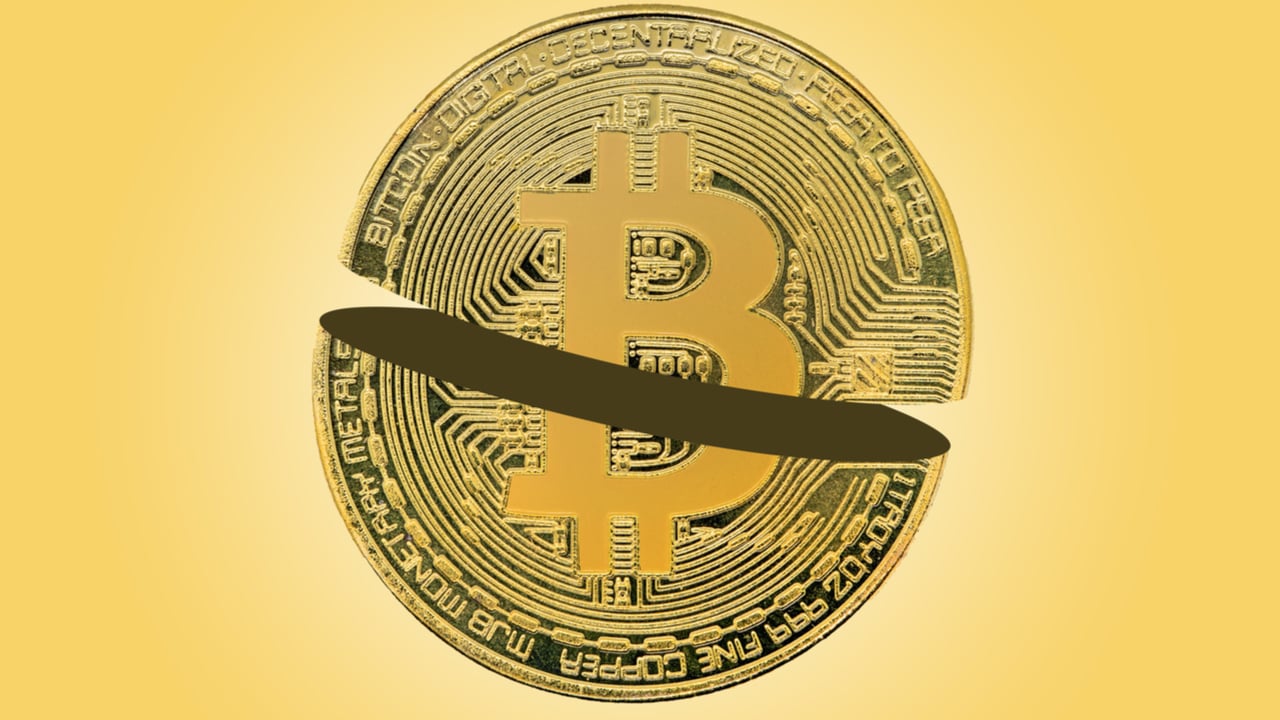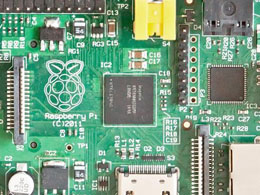
Big Block Breakthrough: 1 Gigabyte BCH Scalenet Block Mined With Raspberry Pi4
While it seems the big block vs. small block debate is over, it is still relevant in the cryptocurrency sphere and some users are still delving into the limits of big blocks. Mtrycz, a writer leveraging the read.cash blogging platform, claims to have mined 1 gigabyte (GB) block using a Raspberry Pi4 on the Bitcoin Cash scalenet, showing it is indeed possible to deal with these block sizes, albeit only in an experimental way for now. 1GB Block Mined With a Raspberry Pi4 Mtrycz, a writer who regularly posts experiments to the BCH-based blog platform read.cash, has achieved a mining....
Related News
Source. As unlikely as it sounds, the Adafruit learning blog (via the Hackaday blog) has just shown off a Raspberry Pi based bitcoin miner. For those who haven't heard of the Raspberry Pi, it's a small computer on a single circuit board that was designed to be inexpensive enough to help children learn about computer science. Inevitably, hobbyists have taken the Pi to their hearts and put these tiny computers to all sorts of uses, now including mining bitcoins. While this isn't the first Pi to be used in connection with bitcoin mining, it's a good illustration of how a Pi can be put to use....
On May 5, 2022, at block height 735,000, the bitcoin mining pool Poolin mined the 105,000th block reward since the last halving. The mined block also represents the halfway point to the next halving that is estimated to take place on or around April 27, 2024. Block 735,000 follows the network issuing over 19 million bitcoin and the hashrate reaching an all-time high three days ago on May 2. Block 735,000: Halfway to the Next Halving The Bitcoin network is getting closer to the next halving which is estimated to happen on or around April 27, 2024, or 723 days from now. At block height....
The great Bitcoin block reward halving is finally upon us. In a few more hours, block rewards for miners will be reduced by 50 percent, with as-yet-unknown consequences for the Bitcoin industry. Around the world, Bitcoiners are watching countdown clocks and block explorers in anticipation. Which mining pool mined the last 25 BTC block, and who mined the....
For less than the cost of a Trezor Bitcoin Wallet, you can run a full Raspberry Pi Bitcoin node and help support the Bitcoin network. All you need is a Raspberry Pi model B or B+, a 32GB SD card and an Internet connection. Total cost: about $50. The Raspberry Pi isn't like your desktop/laptop that most likely run on Intel or Apple hardware architecture. Raspberry Pis run on ARMs - an embedded architecture used by almost every smartphone. Just like a smartphone, the Raspberry Pi cannot use a desktop or laptop operating system. Luckily, many ARMs versions of Linux exist that work very well....
Bitcoin is about to change for the better – Bitcoin.com’s own mining pool mined its first block today, running software that allows miners and nodes to set their own block sizes. First Block Mined Today. The Bitcoin.com pool mined its first block, block 430757, on Wednesday September 21, 2016. This is a significant day in Bitcoin history, and one for....





